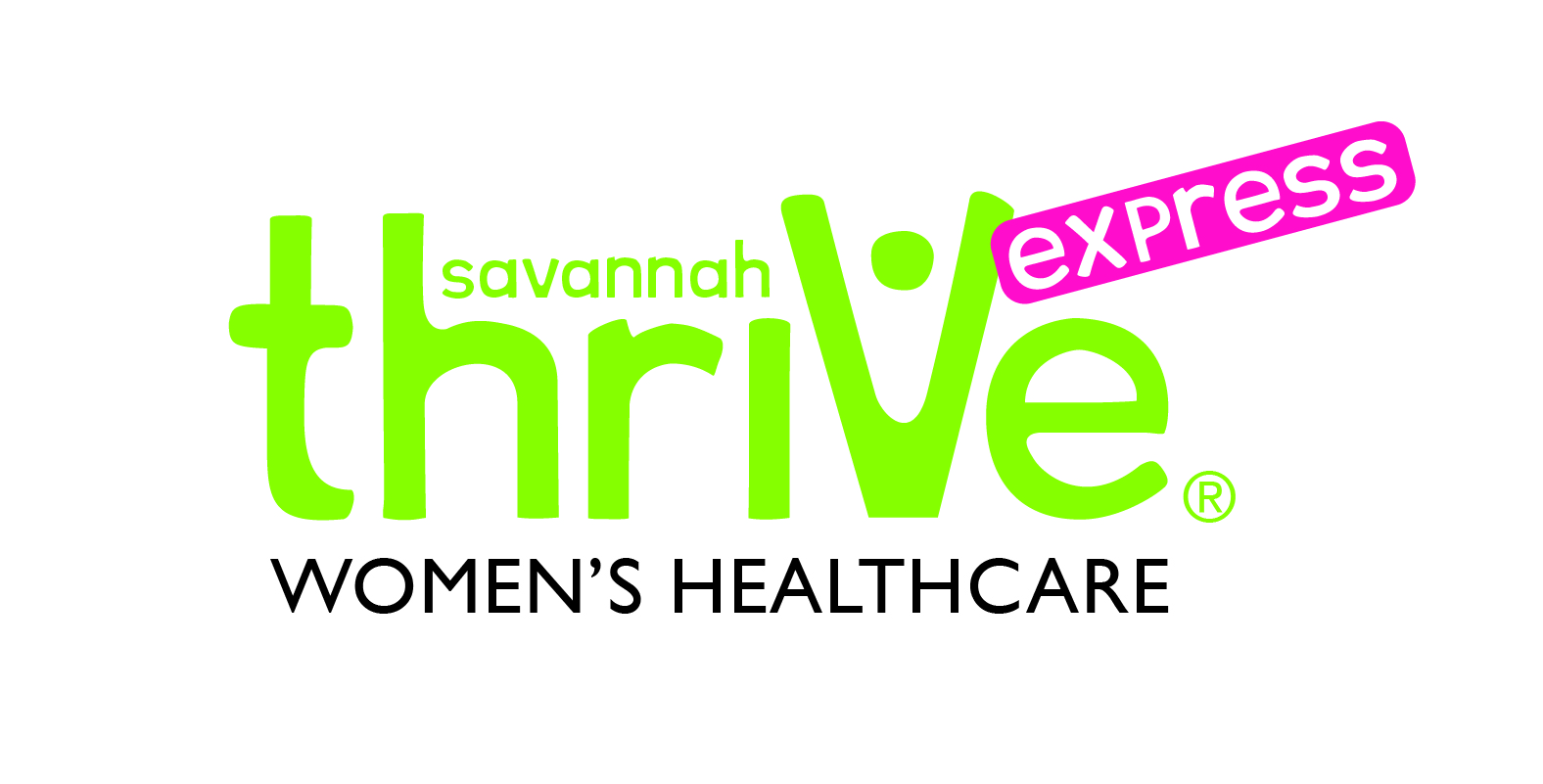What is an Ectopic Pregnancy?
An ectopic pregnancy (commonly referred to as a tubal pregnancy) is a pregnancy that implants outside of the uterus – most commonly in the Fallopian tube. This is a serious condition in which the pregnancy cannot be sustained – meaning there is no chance of survival for the baby – and the life of the mother is at risk if not treated.
What are the Risk Factors for a Tubal Pregnancy?
-
A previous tubal pregnancy in your reproductive history
- History of a sexually transmitted infection (STI) like gonorrhea or chlamydia
- In-vitro fertilization (IVF)
- Previous surgery on the Fallopian tube
- Use of an intrauterine device (IUD) as birth control
- Smoking
- History of previous induced abortion [1]

What are Common Symptoms?
-
Severe lower abdominal pain, especially on one side
- Vaginal spotting or bleeding
- Shoulder pain
- Feeling weak, dizzy, or fainting
What Should I do if I Suspect I Have a Tubal Pregnancy?
If you are experiencing severe pain or bleeding, you should go to the nearest emergency room immediately. Likewise, if you have any other symptoms of tubal pregnancy, reach out to your doctor as soon as possible. Please note, ultrasound is the best way to determine if your pregnancy is properly placed in your uterus.
How is an Ectopic Pregnancy Treated?
According to the Mayo Clinic, a fertilized egg can’t develop normally outside the uterus. [2] To prevent life-threatening complications to the mother, the tubal pregnancy needs to be treated.
The Charlotte Lozier Institute breaks down treatment options like this: “methotrexate injection, surgical removal of the pregnancy tissue (salpingostomy), surgical removal of the tube (salpingectomy), or occasionally, close monitoring without treatment if there are signs the ectopic pregnancy may be miscarrying.” [3]
Is Treatment of an Ectopic Pregnancy the Same Thing as Abortion?
No, it is not. Abortion is the intentional termination of an intrauterine pregnancy. An ectopic pregnancy is not inside the uterus. Therefore, treating a tubal pregnancy has nothing to do with abortion. In an abortion, the intent is to end the life of the fetus. Conversely, treating a tubal pregnancy is intended to protect the life of the mother. Unfortunately, the fetus or embryo is not viable, and no amount of medical intervention exists to make it so. Therefore, the demise of the fetus is anticipated, but not intended; it is necessary to save the life of the mother.

Seek medical attention to rule out an ectopic pregnancy
Unfortunately, ectopic pregnancy is a serious condition that carries with it enormous risk to the mother and unavoidable loss of the baby. If you are in significant pain or bleeding, please go to the nearest emergency room immediately. Likewise, if you suspect you might be experiencing a tubal pregnancy, you must seek help as soon as possible. At ThriVe Express Savannah, we are here to help you. You are not alone. Schedule your appointment today.
sources:
[1] Induced abortions and risk of ectopic pregnancy – PubMed (nih.gov)
[2] https://www.mayoclinic.org/diseases-conditions/ectopic-pregnancy/diagnosis-treatment/drc- 20372093
